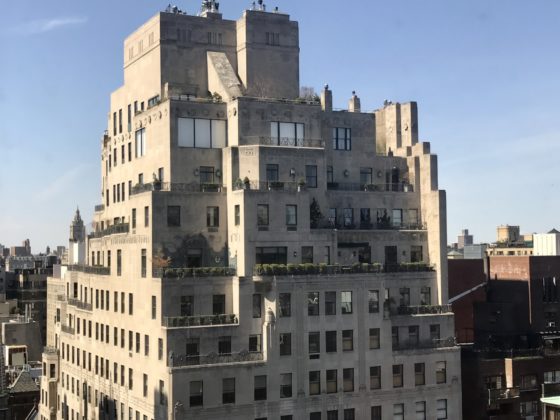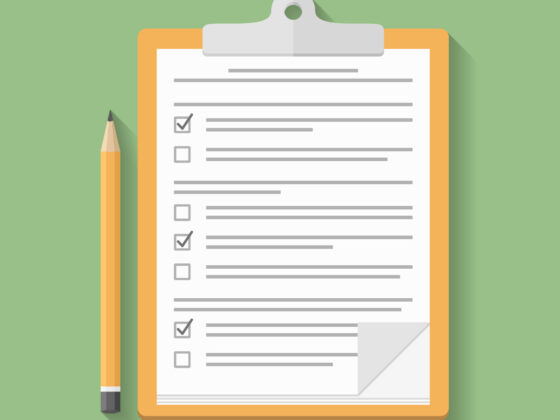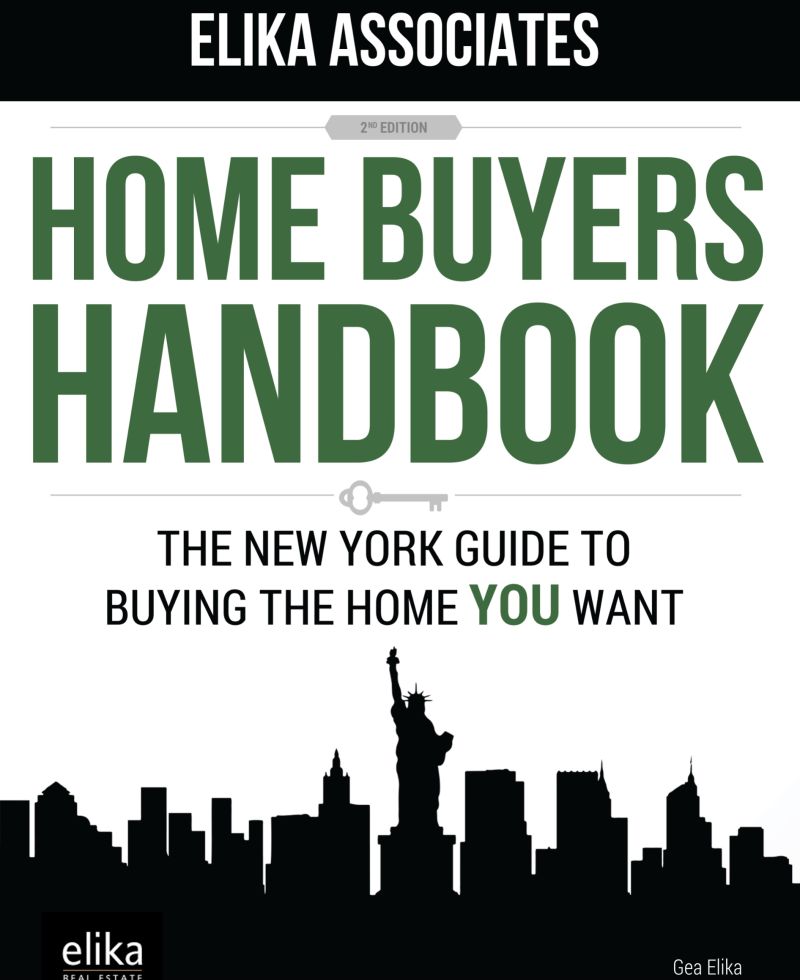Table of Contents Show
A co-op board does not have to reject your application outright. If you have any concerns about your financials (e.g., short job history, insufficient earnings, etc.), the board may provide you with a way to move forward. One option is to purchase the unit with someone else (i.e., co-application). Therefore, you are both co-owners, and you and the other party must go through the entire process (obtain a mortgage, board application, interview) together. You may wish to own your apartment outright, which means this is not an option.
There is another route you may take, though. The board can request that you find a guarantor. You are the co-op unit’s sole owner, but there are other considerations that you should know.
What does it mean when a Co-op board asks for a Guarantor?What does it mean when a Co-op board asks for a Guarantor?
The concept is simple enough. The board, for whatever reason, is not entirely comfortable that you can meet your monthly maintenance payments. Perhaps you have recently graduated from school with less employment and credit history. Typically, this occurs with a first-time buyer.
Under certain circumstances, they will request that you find a guarantor. They merely agree to make your monthly maintenance payment if you cannot do so. Should this occur, legally, your guarantor is required to make these disbursements.
If you cannot meet your monthly obligation, the co-op can continue to run smoothly. The board does not need to come after you for the missing payments. Hopefully, you can breathe a sigh of relief since your guarantor pays the maintenance while working out your issues. For instance, perhaps you lost your job but expected to land on your feet shortly.
What it does not meanWhat it does not mean
Agreeing to become your guarantor does not mean they own the apartment or are on the hook for anything other than the monthly maintenance should you miss a payment. That situation occurs when they are co-applicants. Notably, the lender will not call on them to pay your loan should you fall into arrears, assuming you qualified for a mortgage on your own.
The processThe process
Like buyer’s agents at Elika Real Estate, your agent can guide you toward co-ops that allow guarantors. This can vary by building. Some co-op boards may not permit a guarantor, believing they should disapprove if you cannot qualify independently.
The guarantor may not need to attend the board interview. But, if they request it, and it is the only way the board will approve your application, there are specific requirements they must meet. For starters, they will likely have to fill out at least part of the same financial disclosure forms that you had to endure. Your guarantor must disclose assets, liabilities, bank accounts, and income (W-2 statements, tax returns). The board is likely going to want to see credit reports and scores.
Remember, your guarantor does not have to present their financials to your lending institution. The board is concerned that you may not cover your maintenance. This has nothing to do with your mortgage.
Who to choose?Who to choose?
There are probably only a few people you can ask to become your guarantor. After all, you are requesting that someone backstops your payments if you cannot make them. This requires an extensive financial background check and potentially puts them on the hook for your maintenance.
Therefore, the person needs to have strong financials, a good job, and a credit report that checks out. This eliminates a lot of people. Then, there are the people you feel comfortable asking to take on this legal obligation. This is likely limited to close relatives. Typically, it is a child asking a parent to become the guarantor. Remember, this could complicate your relationship if you fall behind in your payments.
When all else failsWhen all else fails
Ideally, it would help if you had a good idea about what you can afford. Many New York City sellers want to see that you have been pre-approved for a mortgage. This is also beneficial to you since this allows you to know how much you can borrow. Your mortgage and maintenance payments are your two major housing expenditures. Therefore, you should have a good idea of your budget. Remember, you likely need one to two years of post-closing liquidity.
Despite this preparation, you may still run into a co-op board that balks at your application. If they ask for a guarantor and you are unable or unwilling to supply one, this co-op unit will likely not work for you.
If other co-op boards have rejected you, you may not have the financial wherewithal to buy these units (of course, there may also be non-financial reasons at play). You can try purchasing a condo, which typically has less restrictive requirements, or look at lower-priced co-op units. The latter may require a compromise, such as giving up specific amenities, seeking smaller co-op units, or looking at different neighborhoods.








